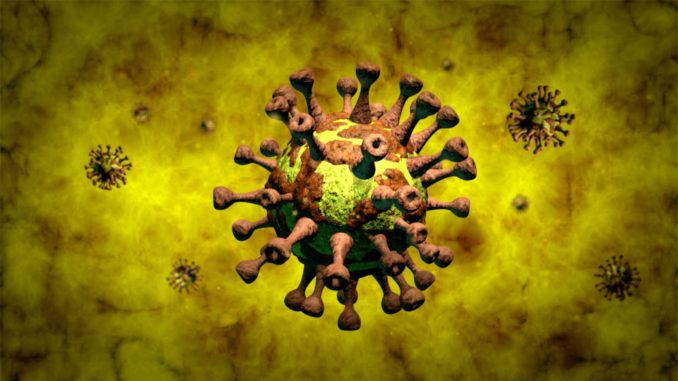
“As a pathologist who has been involved in hundreds of autopsies,” Dr. Deane Waldman told Zenger News, “I can state with assurance it is often hard to know definitively the primary cause of death in these situations. And without an autopsy, the virus is ‘associated’ with the death but not causative.” Waldman, a retired pediatric cardiologist, is policy director of the Texas Public Policy Foundation.
The Centers for Disease Control and Prevention said Friday researchers found those most at risk of death as a result of infection by COVID-19 are either elderly—60 years of age and older, although the risk jumps significantly for those older than 85—and for those with underlying medical conditions. This is in keeping with findings from Wuhan, China where the virus originated.
But the CDC warns the data is incomplete: Information about underlying conditions was only available for 5.8% of patients.
Of the more than 368,000 confirmed COVID-19 cases in the U.S. as of Tuesday, 10,993 people died and 9,220 had recovered.
As many as “41 states will need more ICU beds than they currently have available and that 11 states may need to increase their ICU beds by 50% or more to meet patient needs before the current wave of the pandemic ends,” researchers at the Institute for Health Metrics and Evaluation at the University of Washington said in a news release.
The U.S. health system could become overwhelmed as soon as April 15, they project. The researchers estimate some 81,000 Americans will die of the coronavirus pandemic, a figure they call conservative dependent on the “continued and uninterrupted vigilance by the general public, hospital and health workers, and government agencies.”
But according to CDC data, most Americans die of heart disease and cancer, with accidents a distant third. And that hasn’t stopped because of the pandemic.
People may need life-saving treatment for other conditions at hospitals in which the intensive care units are already full of COVID-19 patients, so hospitals across the nation are instating new protocols to protect patients with other diagnoses.
“All patients who are admitted not for a diagnosis related to COVID-19, are highly protected. Those confirmed with COVID-19 and those suspected are placed in a designated section of the hospital,” Jessica Dela Rosa, a Los Angeles-based nurse and health care consultant who has experience in hospitals, told Zenger.
She said many emergency rooms have created a place just outside their emergency rooms, as opposed to a front desk, where a patient checks in with a nurse dressed in personal protective gear who assesses the patient’s condition.
“If they are a positive screen for potential COVID they are tracked directly to the designated wing of the ER away from the non-COVID related diagnoses, a mask is placed on the patient prior to leaving the initial screening area,” she said.
Dela Rosa said the state and local governments have provided necessary support during this time. The CDC has been leading the charge to create and implement new guidelines, she said.
The National Academy of Medicine has compiled a framework based on healthcare responses to H1N1 and SARS with guidance for healthcare providers making dire decisions. When a unit is unable to maintain usual staffing, for example, the model suggests providers “implement alternative staffing models, provide childcare, housing, and consider limitation of elective or highly intensive treatments.”
 As businesses closed because of COVID-19, hospitals are canceling elective surgeries to put resources toward coronavirus patients.
As businesses closed because of COVID-19, hospitals are canceling elective surgeries to put resources toward coronavirus patients.
When a hospital runs out of intensive care beds, the model suggests suspending elective surgeries and using post-anesthesia areas, among other tactics. Fazila Seker, president and CEO of Molli Surgical, said cancer patients are either postponing surgeries or being prescribed alternative surgeries, when appropriate.
All breast reconstruction surgeries in the U.S. and the UK have been canceled, Seker said, and various agencies, such as the American Society of Clinical Oncology and the American College of Surgeons are providing guidance for new protocols for patient care.
“We are in extraordinary times.” Seker told Zenger. “It would be catastrophic for someone to come in for cancer treatment only to then be moved to the ICU on a ventilator because they avoidably contracted coronavirus while onsite for treatment.”

Be the first to comment